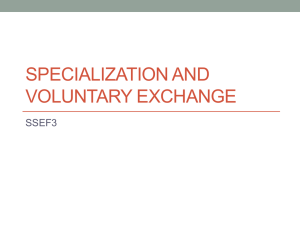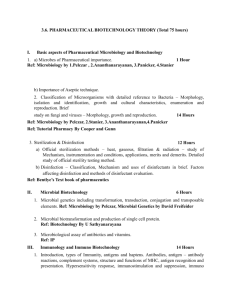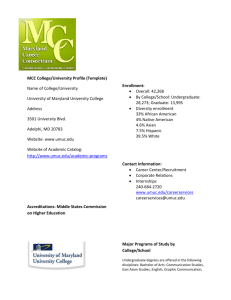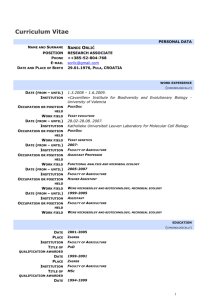food science specializations
advertisement
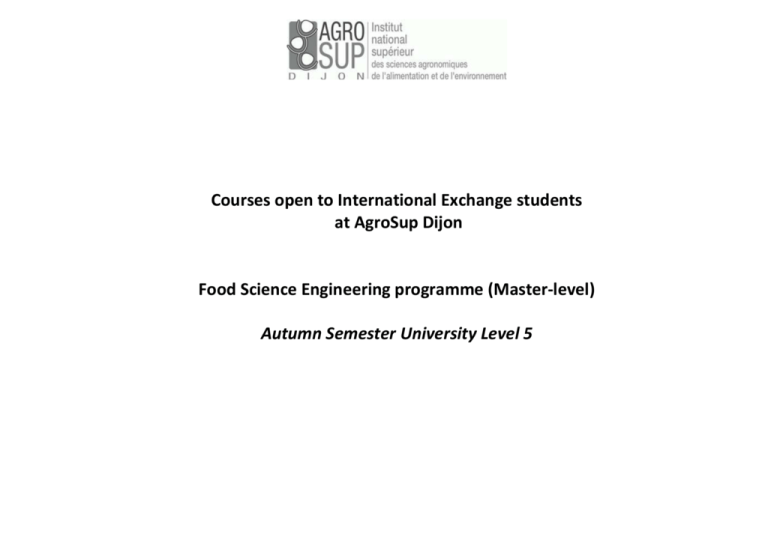
Courses open to International Exchange students at AgroSup Dijon Food Science Engineering programme (Master-level) Autumn Semester University Level 5 LEVEL 5 / 1st semester FOOD SCIENCE PROGRAMME : MOST IN FRENCH LANGUAGE, 1 SPECIALIZATION IN ENGLISH** Name of Teaching Unit Module Description Engineer and Management 1 (Communication, Management) To strengthen students’: self-knowledge, ability to manage relationships with others and position themselves in a group. To allow them to develop their capacity to grow in influence over individuals and situations. To strengthen their preparation for a recruitment procedure and their first job. 28 Professionalization module (optional) A customized training module in order for each student to acquire additional training in a specific area. 24 French for foreigners I-Core courses Engineering and Management 2 (ethics, deontology, creativity, innovation) Logistics – workflow management Formulation Food security for industrial purposes Bioreactors II-Engineer Project III-Specializations Project Management Total hours per student ECTS 15 Introduction to multidimensional complexity of the role of an engineer in a managerial position. The focus is on possible conflicting areas between procedures, instructions and operational feasibility. The module is designed to meet the needs of engineering students just before they embark on their final internship. Study of the various components of flow management or supply chain management (procurement, inventory, scheduling, transport ...) Understand the approaches used in the management of computer-aided production: Technical MRP (Material Requirements Planning), JIT (Just in time), OPT (Optimized Production Technology. This module aims to provide the conceptual and practical basis for the formulation of a complex food product. To apply the knowledge gained in various other modules using concrete examples experienced by the food industry; to understand the risks in order to better anticipate and ensure safe manufactured products or innovative products. To train engineers on the principles and procedures of Microbiological Engineering and Industrial Microbiology applied to the Food and Bio-industries; to acquire specific knowledge and strategies for growing microorganisms firstly in a bioreactor laboratory then in an industrial bioreactor. To carry out group work on a subject-question originating from a professional body outside of AgroSup Dijon. This work is to be done on topics related to the specialization chosen by the student (see below). 1 specialization module (see details below) to be chosen between: - Design of sustainable food processes (CPA) - Formulation of Food: from Consumer Expectations to Prototype (FORMU) ** click for presentation in ENGLISH - Nutrition and public health (NSA) - Industrial Microbiology and Biotechnology (MIB) - Packaging and food quality (QUALIPACK) TOTAL International students must take at least 1 specialization 12 13 6 32 30 45 140 9 100 8 432 30 FOOD SCIENCE SPECIALIZATIONS - LEVEL 5, SEMESTER 1 Design of sustainable food processes (CPA) To train operational production engineers for the food industry. A career in production offers the most prestigious and diverse career paths: quality, research and development, sales, logistics and purchasing, engineering, human resource management ... The module is based on: • practical lessons: pilot production line, food hall, plant tours • the participation of many of agro-food industries (> 20) • group projects and role plays that promote the personal development of each student Students will also study the various concerns of a company: quality management, continuous improvement, sustainable development and environment, computerized production management, industrial property, eco-conception… Formulation of Food: from Consumer Expectations to Prototype (FORMU) **In English** Nowadays, the lifetime of a food product is becoming shorter and shorter and therefore consumers need choice and novelty. In this specialization students will learn how to: • develop a range of products (different flavors, color, nutritional specialties…). • adapt the production to environmental strains such as regulations, process or raw material changes. • create a non-existing product (ground-breaking innovation): a new service or a new food product. Nutrition and public health (NSA) Health and food safety are key components of responsible food innovation necessary for the well-being of the consumer. The NutriSenAS specialization is designed to provide the future agro-food engineer with in-depth expertise, not only in the fields of nutrition / health and food safety but also in consumer behavior, allowing for relevant and ethical food innovation. Contents of the module correspond to the expectations of professionals in the food industry. Industrial Microbiology and Biotechnology (MIB) To train engineers in fermented products and biotechnology using a chain approach (R & D, formulation, process, quality, distribution, sensorial behavior ...) with the help of strong industrial partnerships for training, visits, seminars and group projects. The dairy industry, a leader in France, is used as a universal model, without excluding other areas of Industrial Microbiology and Biotechnology. Packaging and food quality (QUALIPACK) To teach food engineers the specificity of food contact packaging, from its manufacture to waste management whilst also addressing the technical, quality, marketing and environmental aspects.
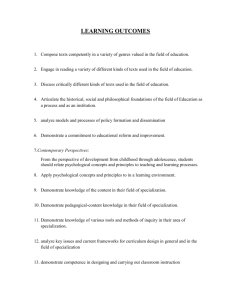
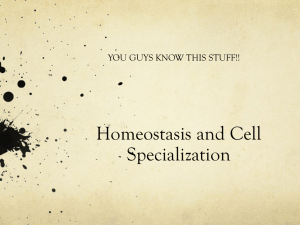
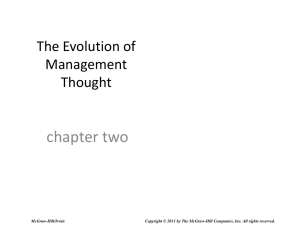
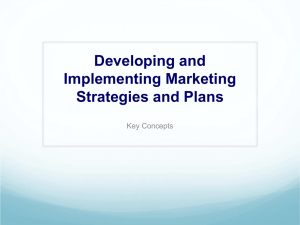
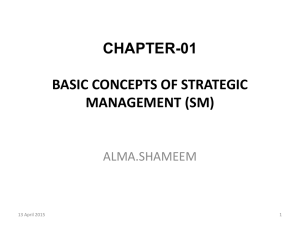
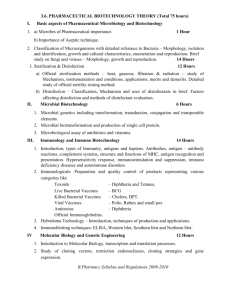

![[#KSQATC-450] Verify the system only displays the](http://s3.studylib.net/store/data/005865893_1-db40198f6f6ba89b753abc7c34317f6c-300x300.png)
